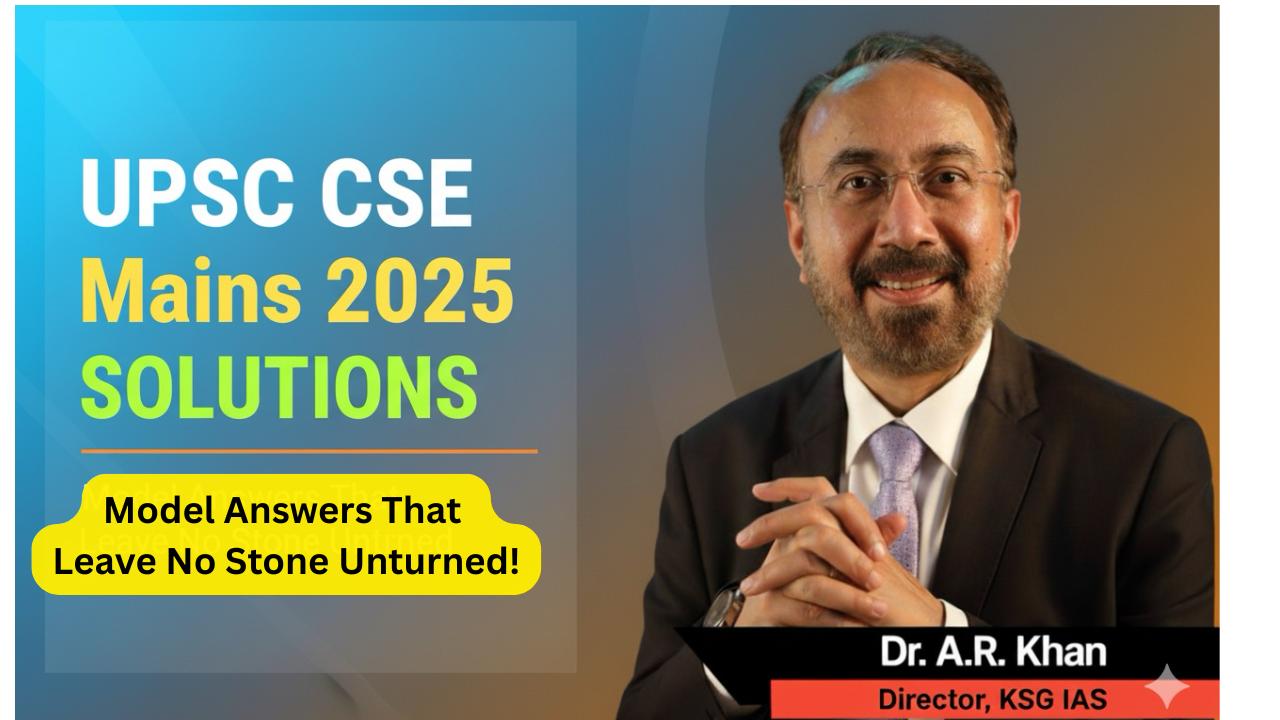Q10. Rajesh is a Group A officer with nine years of service. He is posted as Administrative Officer in an Oil Public Sector undertaking. As an Administrative Officer he is responsible for managing and coordinating various administrative tasks to ensure smooth functioning of office. He also manages office supplies, equipment etc.
Rajesh is now sufficient senior and is expecting his next promotion in JAG (Junior Administrative Grade) in the next one or two years. He knows that promotion is based on examination of ACRs/Performance Appraisal of last few years (5 years or so) of an officer by a DPC (Departmental Promotion Committee) and an officer lacking requisite grading of ACRs may not be found fit for promotion. Consequences of losing promotion may entail financial and reputational loss and set-back for career progression. Though he also puts his best efforts in official discharge of his duties, yet he is unsure of assessment by his superior officer. He is now putting extra efforts so that he gets thumping report at the end of financial year.
As Administrative Officer, Rajesh is regularly interacting with his immediate boss, who is his reporting officer for writing his ACR. One day he calls Rajesh and wants him to buy computer-related stationery on priority from a particular vendor. Rajesh instructs his office to initiate action for procuring these items. During the day, the dealing Assistant brings an estimate of Rupees Thirty Five Lakhs covering all stationery items from the same vendor. It is noticed that as per delegated financial powers, as provided in the GFR (General Financial Rules) as applicable in that Organisation, expenditure for office items exceeding Rupees Thirty Lakhs requires sanction of the next higher authority (boss in the present case). Rajesh knows that immediate superior would expect all these purchases should be done at his level and may not appreciate such lack of initiative on his part. During discussions with office, he learns that common practice of splitting of expenditure (where large order is divided into a series of smaller ones) is followed to avoid obtaining sanction from higher authority. This practice is against the rules and may come to the adverse notice of Audit.
Rajesh is perturbed. He is unsure of taking decision in the matter.
(a) What are the options available with Rajesh in the above situation?
(b) What are the ethical issues involved in this case?
(c) Which would be the most appropriate option for Rajesh and why?
(Answer in 250 words) 20
Rajesh, a Group A officer in a PSU, faces a classic ethical dilemma. While handling procurement, he encounters pressure to bypass financial rules through order-splitting—an irregular yet common practice—to satisfy his superior, whose appraisal will influence his promotion prospects. This situation pits career progression against integrity and compliance with rules.
(a) Options available with Rajesh
- Approve the purchase by splitting the order so it remains within his delegated financial powers.
- Seek formal sanction from the higher authority as per GFR rules, documenting the estimate transparently.
- Negotiate with the vendor to reduce quantity/phase procurement so that expenditure falls within his financial limits without violating norms.
- Report the matter to vigilance/internal audit if there is pressure to bypass rules.
- Decline to process the order until clarifications are obtained, citing the GFR provisions.
(b) Ethical issues involved
- Integrity vs. Career Pressure: Rajesh’s loyalty to rules clashes with fear of adverse appraisal by his reporting officer.
- Compliance vs. Common Practice: Splitting orders is a routine malpractice, but it violates financial propriety.
- Conflict of Interest: Superior’s insistence on a particular vendor raises suspicion of favouritism or collusion.
- Accountability to Organisation vs. Personal Gain: Upholding organisational interests may jeopardise Rajesh’s short-term promotion prospects.
- Public Trust: As a PSU officer, he holds public funds in trust; misuse undermines credibility.
(c) Most appropriate option and why
The most appropriate course is Option 2: seek sanction from higher authority and follow due process.
Ethical reasoning: Rule of law and probity in public finance (as per Second ARC recommendations) require strict adherence to GFR norms. Splitting orders, though common, is an illegal practice that will not stand audit scrutiny.
Organisational interest: Transparent procurement shields the PSU from financial impropriety and reputational damage.
Personal integrity: By upholding rules, Rajesh safeguards his credibility. Even if his superior is displeased, his record of integrity will stand out in the long run; DPCs also value honesty and compliance with norms.
Balanced approach: Rajesh can diplomatically explain to his superior that seeking sanction protects both of them from audit objections and allegations of misconduct.
Short-term career anxieties should not override long-term values. By choosing legality, transparency, and integrity, Rajesh upholds both his duty to the organisation and his ethical responsibility as a public servant.
X-FACTORS:
- Keywords: probity in public finance, courage of conviction, constitutional morality, public trust doctrine.
- Cite Article 311 (protection for honest civil servants from arbitrary dismissal → shows long-term safety of integrity).
- Link to CAG’s role in financial propriety → PSU spending is public money.

